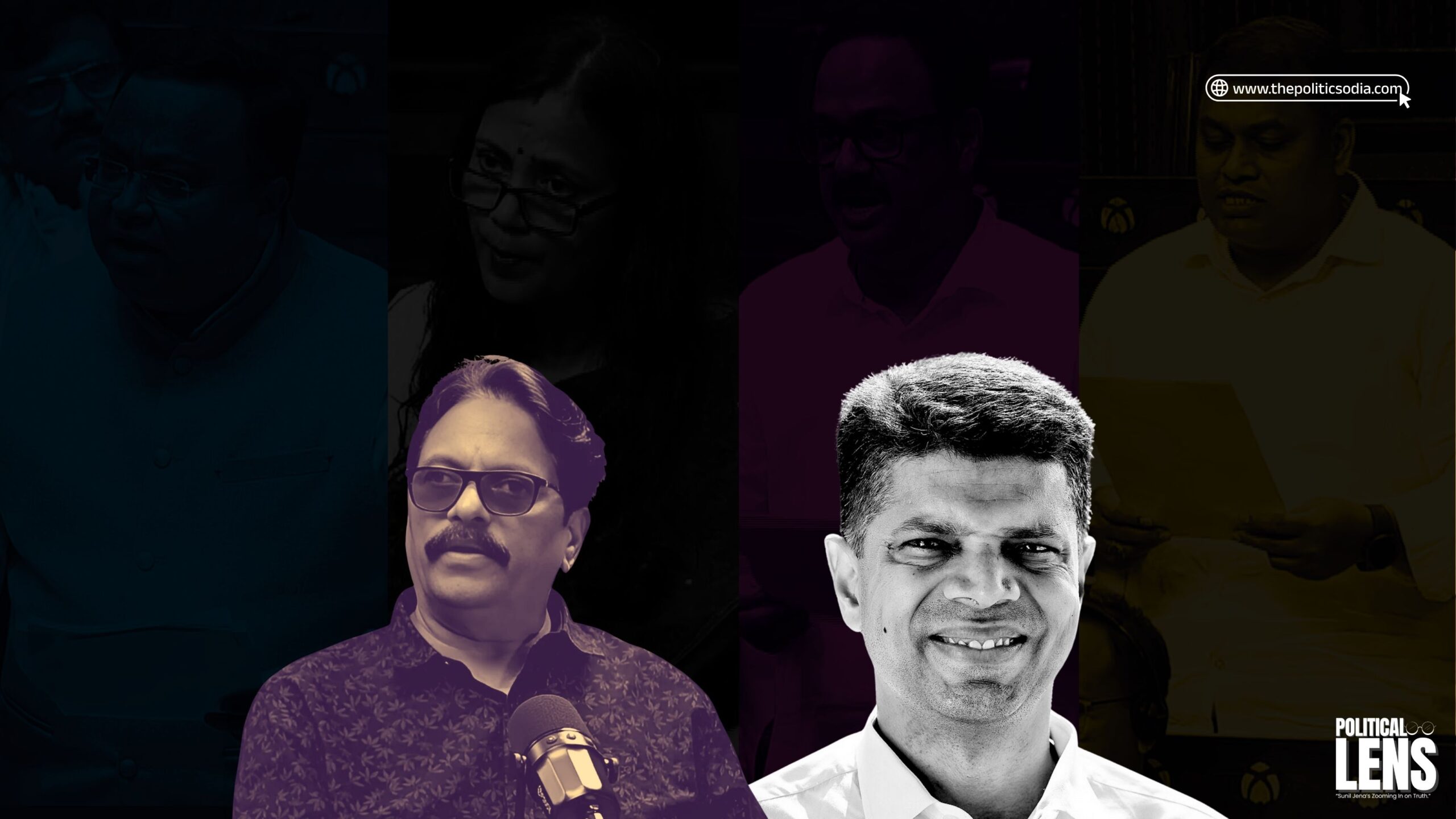By Sunil Jena, Editor-in-Chief, The Politics Odia
In a new episode of Trending Politics, senior journalist and political analyst Prasanna Mohanty joins Sunil Jena for a detailed discussion on the controversial silence of Biju Janata Dal (BJD) MPs during the recent Parliament debate on Operation Sindoor.
While major opposition parties like Congress, Trinamool Congress, and others took a firm stand against the Modi government’s handling of sensitive issues, BJD Rajya Sabha MPs—Sasmit Patra, Sulata Deo, Manas Mangaraj, and Subashish Khuntia—chose a softer tone. They praised the Indian Army but raised no criticism or tough questions towards the Central Government.
What adds to the controversy is a leaked set of “talking points” reportedly circulated by VK Pandian, Naveen Patnaik’s most trusted aide and now a retired bureaucrat. These talking points specifically instructed BJD MPs:
- Not to mention “under the leadership of the Government of India”
- Not to credit any individual political leadership
- To highlight the role of institutions like the Armed Forces
- And most importantly, to avoid blaming the Central Government in any form
According to sources, these guidelines were followed without question. None of the BJD MPs went off-script, raising serious concerns about political independence and democratic responsibility.
Key Questions Raised in the Discussion:
- Is this silence by BJD a well-thought-out strategy, or simply a political compromise?
- Why is a regional party like BJD, which once claimed to be equidistant from BJP and Congress, now acting in a way that indirectly benefits the BJP?
- Does VK Pandian, despite his formal retirement, still control BJD’s messaging and decisions from behind the scenes?
Prasanna Mohanty offers valuable insight into how political narratives are being shaped through bureaucratic influence and why the BJD’s public silence in Parliament is not just a matter of party discipline, but a deeper signal of political alignment.
This episode examines the fine line between tactical neutrality and quiet submission—something voters of Odisha and the country must reflect upon.
Stay tuned for more grounded political analysis, only on The Politics Odia.



